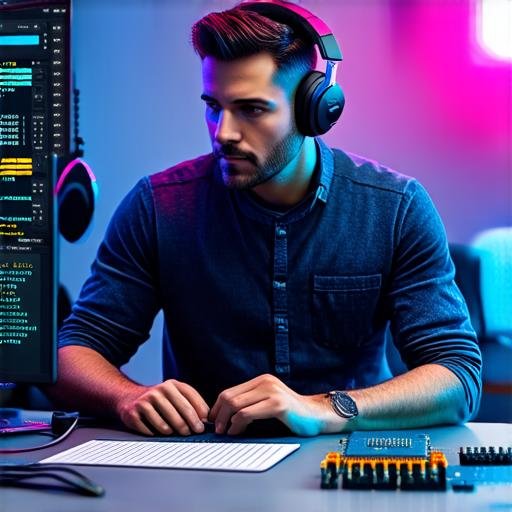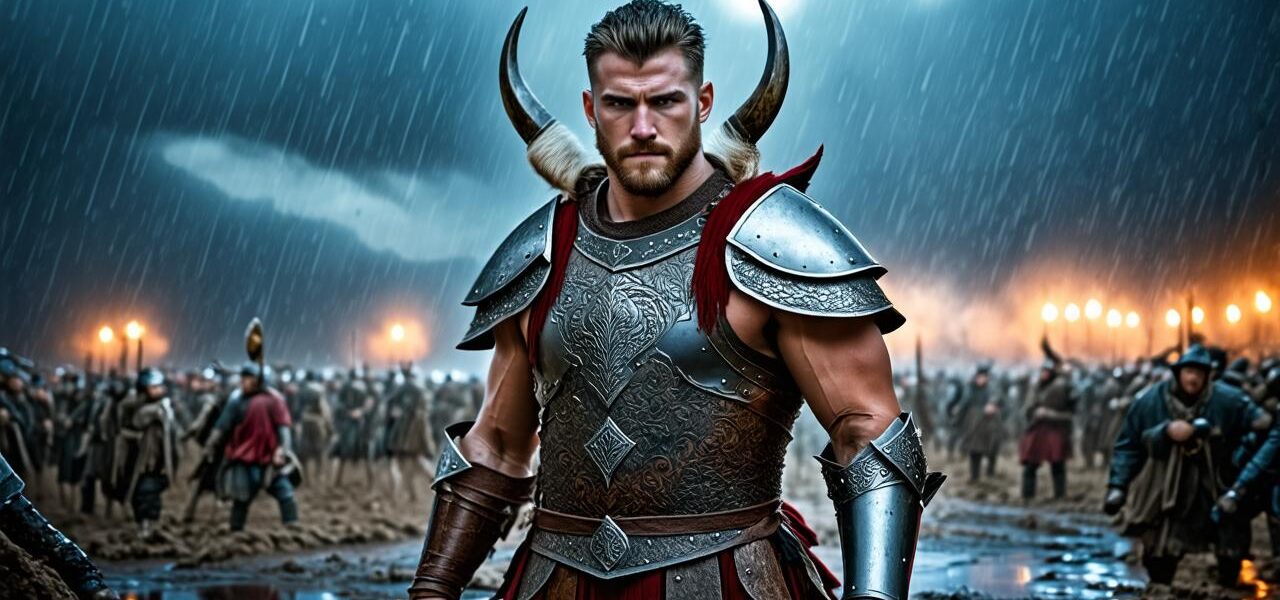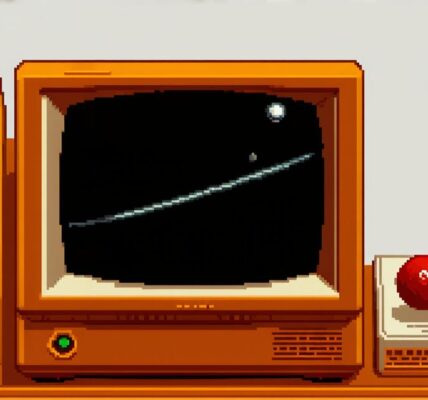Introduction
As a video game developer, you know the importance of creating an immersive and engaging experience for your players. One way to enhance that experience is by incorporating music into your game. However, using copyrighted music without permission can lead to legal consequences, so it’s important to understand the process of licensing a song for use in your video game.
In this article, we will explore the steps involved in licensing a song for a video game and provide tips for successfully navigating the process. We will also discuss common mistakes that developers make when licensing music and provide real-life examples to illustrate our points.
The Importance of Music Licensing in Video Games
Music is an essential component of many video games, as it can evoke emotions, set the tone, and create a memorable experience for players. However, using copyrighted music without permission can result in legal action, which can be costly and time-consuming.
To avoid these issues, developers must obtain the necessary licenses to use copyrighted music in their games. This process involves obtaining permission from the copyright holder or purchasing a license from a music publisher or licensing agency.
Steps for Licensing a Song for a Video Game
1. Identify the Song You Want to Use
The first step in the licensing process is to identify the song you want to use in your video game. This could be a popular hit or a lesser-known track that fits the mood and atmosphere of your game.
2. Research Copyright Ownership
Once you have identified the song you want to use, it’s important to research copyright ownership. You can do this by looking up the song on a music database such as ASCAP or BMI, which will tell you who owns the copyright and how to contact them.
3. Obtain Permission or Purchase a License
Once you have identified the copyright owner, you can obtain permission to use the song by reaching out to them directly or through a licensing agency. If the owner grants permission, you will need to sign a license agreement that outlines the terms of use, including payment and any restrictions on how the song can be used in your game.
Alternatively, you can purchase a license from a music publisher or licensing agency that represents the song’s copyright owner. These agencies typically charge a fee for the license, which will vary depending on factors such as the popularity of the song and the intended use in your game.
4. Clear Any Sampling Rights
If you plan to include any samples of the song in your game, you will need to obtain separate permission or purchase a separate license for those samples. This is because sampling involves using a small portion of the original song in your game, which can be considered infringement if not done with proper permission.
Common Mistakes When Licensing Music for Video Games
Despite the importance of music licensing in video games, many developers make mistakes when navigating the process. Some common mistakes include:
1. Failing to Research Copyright Ownership
One of the most common mistakes developers make when licensing music is failing to research copyright ownership properly. This can result in using a song without permission or purchasing a license for the wrong song.
2. Not Obtaining Proper Permission or Licenses

Another mistake developers make is not obtaining proper permission or licenses to use copyrighted music in their games. This can lead to legal action and damage to the developer’s reputation.
3. Sampling Without Proper Permission
Including samples of copyrighted songs in a video game without proper permission can also be problematic. Developers must obtain separate licenses for any samples they plan to include in their games to avoid legal issues.
Real-Life Examples of Music Licensing in Video Games
To illustrate the importance of music licensing in video games, let’s look at some real-life examples:
1. Fortnite and Epic Games
Fortnite, a popular multiplayer battle royale game, has been criticized for its use of copyrighted music without permission. In 2018, the game was sued by multiple music publishers and labels for using copyrighted songs in-game without proper licenses. The lawsuit resulted in Fortnite being forced to remove some of the songs and pay millions of dollars in damages to the copyright owners.
2. Grand Theft Auto V
Grand Theft Auto V is another example of a game that has faced legal issues for using copyrighted music without permission. In 2013, the game was sued by Warner Music Group for using several songs in-game without proper licenses. The lawsuit resulted in the game being forced to remove some of the songs and pay millions of dollars in damages to Warner Music.
Tips for Successfully Licensing Music for a Video Game
Now that we have discussed the importance of music licensing in video games and common mistakes developers make, let’s look at some tips for successfully navigating the process:
1. Plan Ahead
To avoid any legal issues, it’s important to plan ahead when licensing music for a video game. This means researching copyright ownership early on in the development process and obtaining proper licenses or permission before incorporating the song into your game.
2. Be Transparent
When using copyrighted music in your game, it’s important to be transparent with players about the use of that music. This can help build trust with players and avoid any potential legal issues down the line.
3. Consider Creative Alternatives
If you are unable to obtain proper permission or licenses for a song you want to use in your game, it may be worth considering creative alternatives. For example, you could create your own original music or use songs that are in the public domain.
Conclusion
Music is an essential component of many video games, but using copyrighted music without permission can lead to legal issues and damage to a developer’s reputation. By understanding the steps involved in licensing a song for a video game and avoiding common mistakes, developers can successfully incorporate music into their games while avoiding any potential legal problems. Remember to plan ahead, be transparent, and consider creative alternatives when licensing music for your video game.




